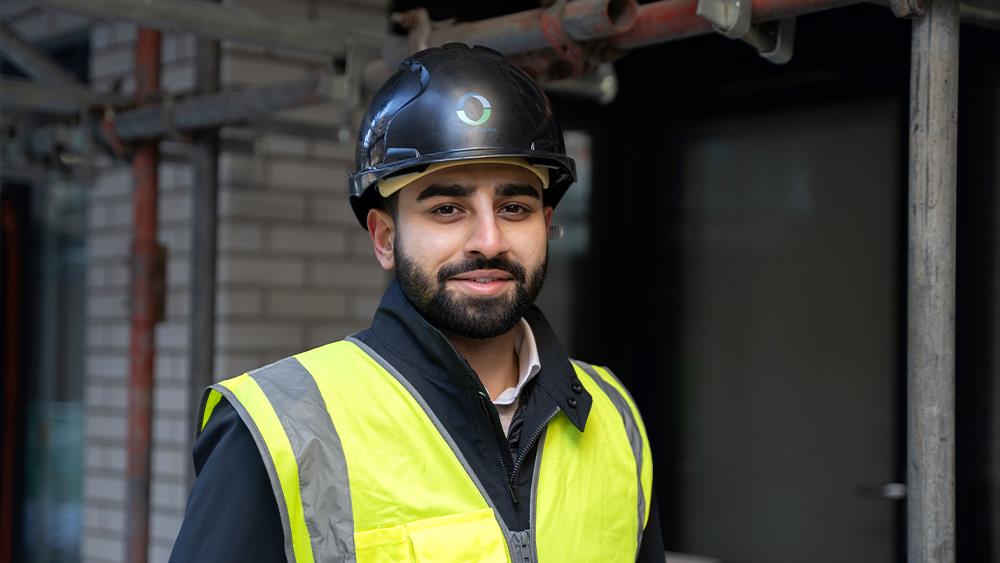

While he welcomes the government's plans to build 1.5 million homes over the next five years, Haman Manak, Procurement Director at Stanmore, warns that this housebuilding drive will fail without enough overseas talent in construction to get the job done.
Britain needs more homes. There’s no doubt about that. Young people are struggling to get on the property ladder, and average private rents are climbing to record highs. So it is high time the government launched a new housing initiative to meet our growing needs.
The housebuilding drive will boost investment for all the sectors involved too, including civil engineers, construction firms, and, of course, builders’ merchants.
The plan involves an extensive review of greenbelt sites, the appointment of 300 planning officers nationwide, and a new team to jumpstart projects that have stalled.
But there is a missing piece of the jigsaw that the Labour Party has overlooked. There simply aren’t nearly enough construction personnel to get the projects off the ground. As a sector, we are already short of talent – the number of construction workers has fallen by an eyewatering 14% since 2019, according to Bloomberg.
And even before Labour’s housebuilding announcement, a recent CITB report highlighted the dire need for more construction workers to meet the growth of the construction sector. The trade body also predicted that we would need more than 251,500 extra construction workers over the next five years.
Migrant workers have been a key source of skilled talent in construction for decades. So it seems obvious that they should continue to play a leading role in Labour’s housing drive, too. But the Prime Minister has other ideas about where he wants to get the talent from.
Sir Keir recently pledged to tackle the UK's skills shortage by launching a new strategy to improve skills training. He hopes the move will mitigate the need for overseas talent.
While I admire the Prime Minister for being pragmatic and getting on with bridging the skills gap across all sectors, construction requires a more nuanced assessment. For construction, the sheer amount of labour needed to meet the 1.5 million homes goal will not happen without overseas workers helping to fill the gap.
And that gap needs filling fast. Depending on the construction specialism, it can take anywhere between two-to-three years to train an apprentice in the sector. But the Government needs boots on the ground from day one.
Migrant talent has long been a part of the picture in UK construction. When I was growing up, my dad would take me along to work at building sites across the South East. We would stop and chat to construction professionals from Eastern Europe, South Asia, the Caribbean, and other parts of the world. They were dedicated, skilful, and absolutely crucial to Stanmore's success.
We were always confident skilled migrant workers would remain an integral part of the industry. That is a sentiment shared by countless others in the sector too. A report from CITB revealed that one-in-five of employers in construction felt they were very or quite dependent on non-UK workers (CITB).
While I applaud Sir Keir’s dedication to upskilling domestic talent – that will no doubt play a leading role in the future of UK construction – he shouldn’t lock out overseas talent. One-and-a-half million homes is a staggeringly ambitious figure, and he needs to guarantee we have enough workers before we break ground. Not just for the next five years, but for decades to come.